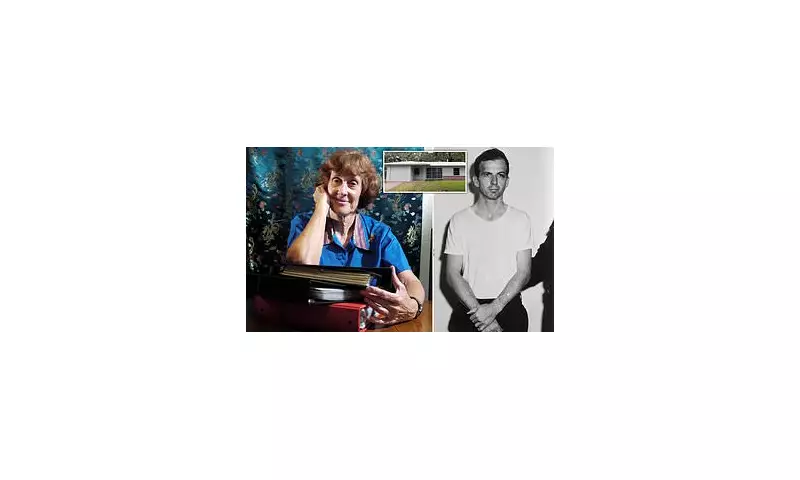
Six decades after the earth-shattering events in Dallas that changed the course of history, a pivotal figure has emerged from the shadows to share her story. Ruth Paine, the woman who unknowingly provided a home to America's most infamous assassin, breaks her long-held silence in an exclusive and revealing interview.
The Unwitting Landlady to a Killer
In the autumn of 1963, Ruth Paine, a Quaker with a passion for Russian language and culture, offered shelter to Marina Oswald, the wife of Lee Harvey Oswald, and their young child. This act of kindness would forever entwine her with one of the 20th century's most traumatic events.
"I had no idea, no premonition," Paine now reflects, six decades later. "He was quiet, withdrawn. He spoke little of his political views in my presence." Her Irving, Texas, garage would become the temporary storage place for the Italian-made rifle that would soon be used to kill a president.
A Front-Row Seat to History
Paine's testimony before the Warren Commission was crucial in piecing together Oswald's movements in the weeks leading up to November 22, 1963. She provided investigators with intimate details of the Oswald family's life, their strained marriage, and Lee's increasingly erratic behaviour.
Her account helped establish the timeline that formed the foundation of the official investigation, yet it also fuelled countless conspiracy theories that persist to this day.
Living With History's Shadow
For sixty years, Paine has carried the weight of her accidental connection to the assassination. She describes the aftermath as a whirlwind of FBI interrogations, media scrutiny, and public suspicion that forever altered her quiet life.
"It was a terrifying time," she recalls. "Suddenly, my home was a crime scene, my family was under microscope, and my every association was questioned."
Reflections Six Decades Later
Now in her 90s, Paine offers a unique perspective on the event that defined a generation. She speaks not just of the tragedy itself, but of the America that existed before and the country that emerged afterwards—a nation forever marked by distrust and the loss of innocence.
Her story serves as a powerful reminder of how ordinary lives can become unexpectedly entangled with extraordinary events, and how the echoes of a single day in Dallas continue to resonate through American history.





